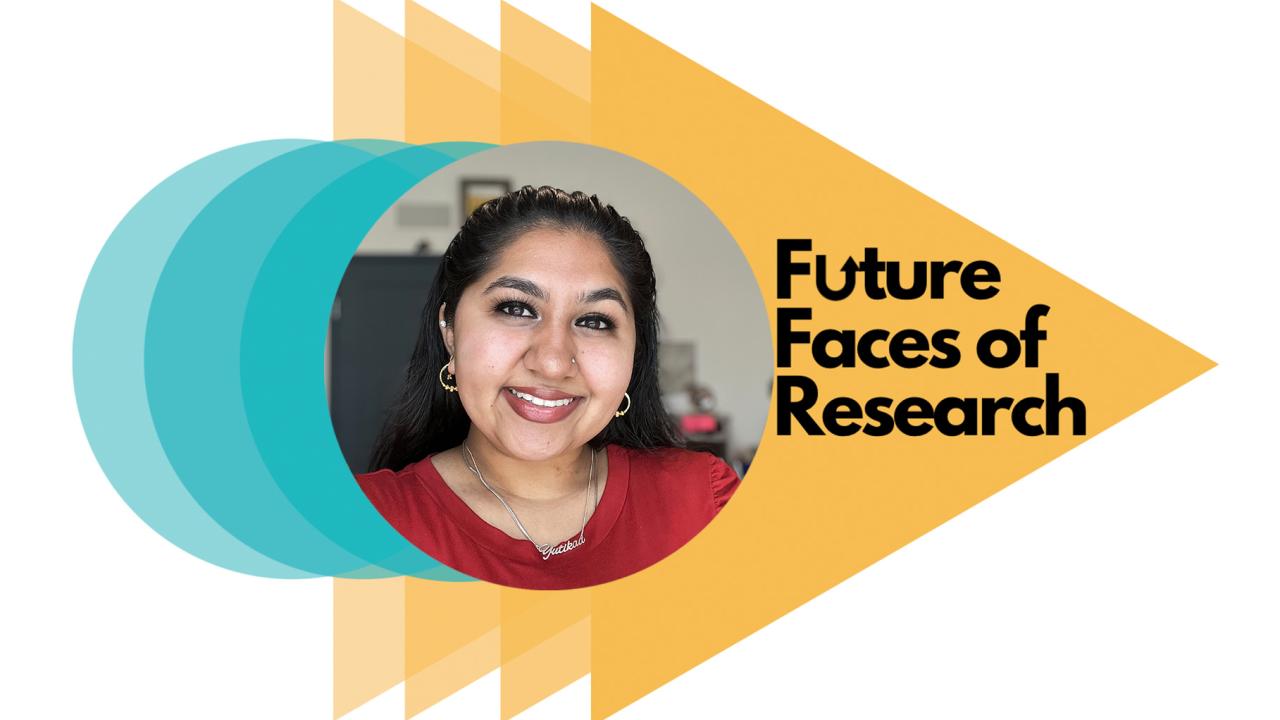
Future Faces of Research: Yutikaa Saini
FRI's Future Faces of Research series features the voices of undergraduate students writing about their experiences doing justice and equity focused research.
Breaking Free from Monogamy: Exploring Polyamory and Native Kinship Networks in Relationship Research
Have you ever considered how the research we use to understand relationships might be limiting our understanding of human connections? Research has played a significant role in understanding relationships, but not all research is created equal. Monogamy-centered research has imposed a narrow model on human relationships, reinforcing certain assumptions and biases that can lead to a limited and incomplete understanding.
The Eastwick Lab is one of the few research laboratories at UC Davis exploring alternative monogamy models. During my time as a research assistant, I had the opportunity to work on several projects that sought to better understand consensual nonmonogamy, including polyamory. I learned that research on consensual nonmonogamous relationships shows that these relationships can lead to a deeper understanding of oneself and others, as well as a greater sense of empathy and compassion for different relationship styles. This is likely because those in these relationships frequently develop high emotional intelligence and communication skills to navigate issues such as jealousy, trust, and commitment.
My experience as a research assistant at the Eastwick Lab has been enlightening, revealing that the constraints of monogamy-centered research extend beyond psychology. The narrow model of relationships also affects the study of kinship networks, a vital aspect of non-monogamous relationships. My literature review delves into the impact of colonization on the roles of Native American women and LGBTQ+ individuals within their kinship networks. Exploring traditional roles and responsibilities can provide a more nuanced understanding of relationships and family structures. My research uncovered that defining kinship networks solely within the context of monogamy, a concept linked with colonialism, is limiting and fails to recognize the diverse and rich nature of human relationships.
Recognizing and exploring alternative models, such as polyamory and native kinship networks, can broaden our understanding of relationships beyond Western ideals. By embracing the diversity of human experiences and relationships, we can create a more inclusive and comprehensive understanding of human connections. It is essential to recognize the limitations of monogamy-centered research and support exploring alternative models such as polyamory and native kinship networks in future research. As college students and researchers, we have the power to promote inclusive and diverse research practices and create a better understanding of human relationships.